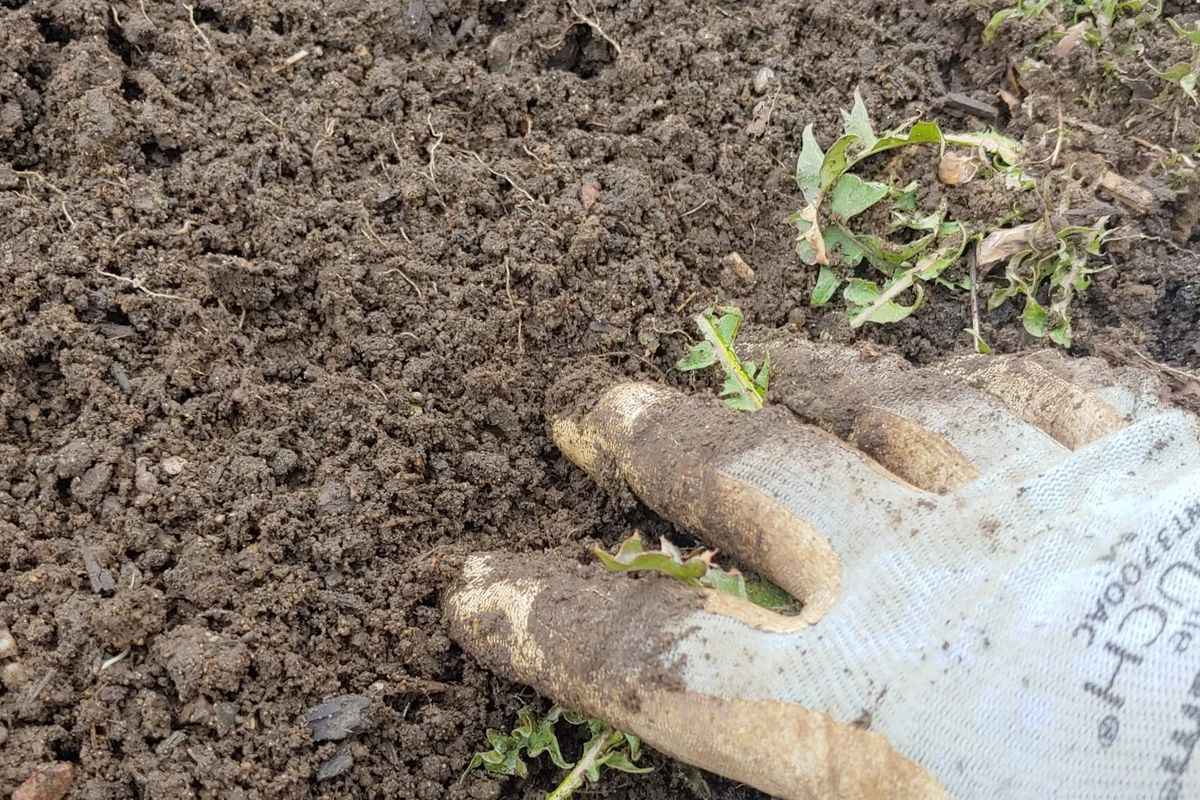Have you ever considered the most effective way to assess the nutrient content of your garden soil? Nowadays, many homeowners opt for TDS meters to determine their soil’s pH and nutrient levels.
Regularly testing your garden soil and nutrient content is a crucial aspect of successful plant growth. Although plants are generally resilient, neglecting certain nutritional factors can lead to issues in their development.
The Importance of Testing Your Garden Soil
Testing pH, TDS (Total Dissolved Solids), or EC (Electrical Conductivity) is a fundamental aspect of plant care. When cultivating in soil, moisture levels require careful monitoring.
Conversely, in hydroponic systems, temperature becomes a vital consideration.
Plant health is intricately linked to pH levels. Plants can suffer if the pH of the nutrient solution or soil strays too far from the optimal range. It’s worth noting that every plant has an ideal pH range.
For soil-based cultivation, pH should ideally fall between 5.5 and 6.5, while hydroponic setups benefit from a pH range of 5.5 to 6.0.
A significant risk associated with imbalanced pH levels is hindered nutrient uptake. Nutrient deficiencies can arise due to pH issues, which can cause stunted growth and a sickly appearance in plants.
Garden Soil Testing
For successful gardening, regular soil testing is essential, particularly for organic cultivation. Utilizing a home testing kit simplifies the process. These kits allow you to analyze your soil and gain insights into two critical aspects:
Regardless of whether you’re practicing hydroponics or traditional soil-based gardening, testing your nutrient solution before application is paramount. In hydroponic systems, especially, there is little room for error without a growth medium to buffer.
The Key Takeaway
Whether you’re prepping your garden for winter or sowing seeds for summer, pH and TDS testing are critical steps when nourishing your soil. Additionally, closely monitor water temperature, as overly cold or hot water can harm your plants.
Lastly, remember that nutrient solution pH testing is simpler compared to soil pH. By diligently performing these tests and maintaining ideal conditions, you’re empowering your plants to thrive and ensuring a flourishing garden experience.

